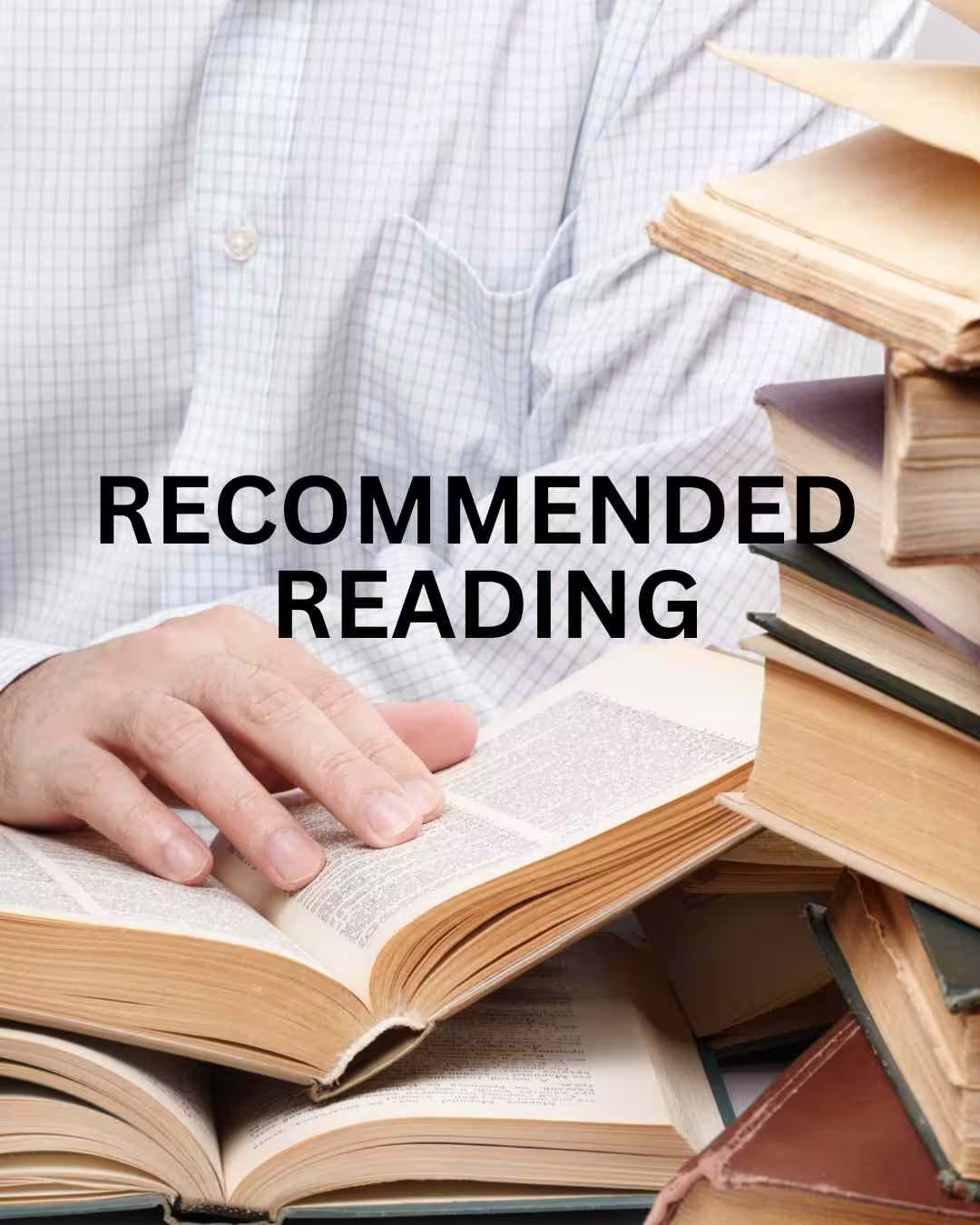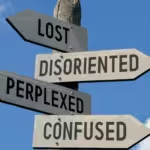While researching cults and their impacts on children, we recommend consideration of the works of Professor Marci A. Hartman and Janet Heimlich, two authorities on children raised in religious or spiritual settings.
Marci A. Hartman
Professor Marci A. Hamilton is an internationally recognized Constitutional expert specializing in church/state relations and is one of the nation’s leading legal scholars. She teaches Constitutional law at the University of Pennsylvania and is CEO of CHILD USA, an interdisciplinary think tank and research institute devoted to children’s rights. She has been involved in cutting-edge First Amendment litigation on behalf of victims of clergy abuse.
In one of her books, she writes: “Young people are at risk from religious adults and institutions in two ways: (1) through the misuse of religious power to abuse the child; or (2) through their parents’ religiously motivated medical neglect or physical abuse. The suffering is often unimaginable, because the children lack the ability to protect themselves … from [harms] at the hands of those they have been taught are here on earth to care for them.”1
“Some may argue that parents have a right to teach their children any religious belief they choose, and they would be correct. But parents do not have the unfettered right to act in ways that harm their children, even if they are acting on religious beliefs. It is now well settled that religious motivation is no defense to illegal conduct. In addition, the Supreme Court has explained that children have rights independent of their parents: Parents may be free to become martyrs themselves. But it does not follow that they are free, in identical circumstances, to make martyrs of their children before they have reached the age of full legal discretion when they can make that choice for themselves. Prince v. Massachusetts, 321 U.S. 158, 170 (1944).2
“There is a tremendous movement in the United States toward homeschooling, where parents keep their children out of public schools and should the responsibility for education themselves…. Two conflicts have arisen as a result. The first involves access to extracurricular programs while the second deals with how the state can ensure that each child is being adequately educated, in light of the overriding interest in an educated citizenry in a republican form of democracy.”3
And in a recent article, she writes of the impact on children related to recent trends, such as home-schooling and anti-science.
“Compulsory education is …a necessary institution for teaching children to advocate for themselves as full, independent citizens. The far right and religious cults want to produce stunted children who cannot exercise their potential and their rights as American citizens…. [Often they] are denied the basic tools to contribute to society – math, science, history, and English…. Although states have permitted home schooling, the movement is now trying to avoid any home-schooling requirements or parent accountability…. Home-schooled children are taken out of the public and private schools, which are required to educate to certain levels, and they lose a crucial safety net.
“Now, the religious right has put childhood vaccinations in their crosshairs. They have moved from their politically fueled COVID vaccine objections to broad, vehement, and irrational rejection of childhood vaccines in general….by spreading disinformation and attacking science…. The right’s antivax movement is damaging public health, especially children’s health. In 2023, a total of 58 measles cases were reported in 20 U.S. jurisdictions, up from six jurisdictions the previous year…. The risk that cases will continue to increase is high. If exposed to measles, 90 percent of those who are unvaccinated with contract the disease.
“The distinguished legal philosopher Joel Feinberg described children’s basic rights with the phrase ‘the right to an open future.’ This inspiring vision, which treats a child not as property to be owned but rather a human with potential, is helpful in understanding the existing web of obligations to protect one’s child from harm: Parents should be morally and legally required to deliver a child to their eighteenth birthday unabused and armed with the tools of health and at least a high school education. From this perspective, the goal of childhood is to nurture children to become positive, educated participants with their own agency in a democratic society.”4
Janet Heimlich
Author of Breaking Their Will: Shedding Light on Religious Child Maltreatment, Heimlich is founder and board member of the Child-Friendly Faith Project in Austin, Texas, a national public charity that seeks to protect children from abuse and neglect enabled by religious, spiritual, and cultural ideologies. Heimlich writes:
“Religious authoritarian cultures maintain a number of characteristics: They tend to be ultraconservative, so members are apt to seize onto literalistic and legalistic interpretations of scriptures and doctrines; they are narcissistic, often convinced that they possess the one ‘true’ faith and all other worshippers are wrong, misguided, or evil; they are collectivist, so the needs of the overall culture take precedence over the needs of individuals; obedience to authority is paramount; [while maintaining] a strict social hierarchy, they have many rules, and those who break them can be subject to stiff punishment; and finally, fear is a big component, as members believe that spiritual or real-life negative consequences await those who do not meet the expectations of the culture…. Not surprisingly, religious authoritarian cultures do not prize individualism.” 5
“Parents in religious authoritarian cultures are denied autonomy. Instead of making their own decision according to their own instincts, mothers and fathers largely do what is expected of them…. Parents can be subject to great pressure to comply with certain social norms, including norms that dictate how children should be raised. To varying degrees, these pressures interfere with parental instincts and simultaneously weaken the parent-child bond.”6
“In religious authoritarian cultures, a parent is often too willing to hand over his or her children to others who are in charge.”7
1 Hamilton, M. A. God vs. The Gavel: Religion and the Rule of Law (New York: Cambridge University Press, 2005), p. 12.
2 Ibid., p. 32.
3 Ibid., pp. 132-134.
4 Hamilton, M. “The Right’s Attack on Children,” Democracy, April 29, 2024.
5 Heimlich, J. Breaking Their Will: Shedding Light on Religious Child Maltreatment (New York: Prometheus Books, 2011), p. 49.
6 Ibid., p. 51.
7 Ibid., p. 58.





